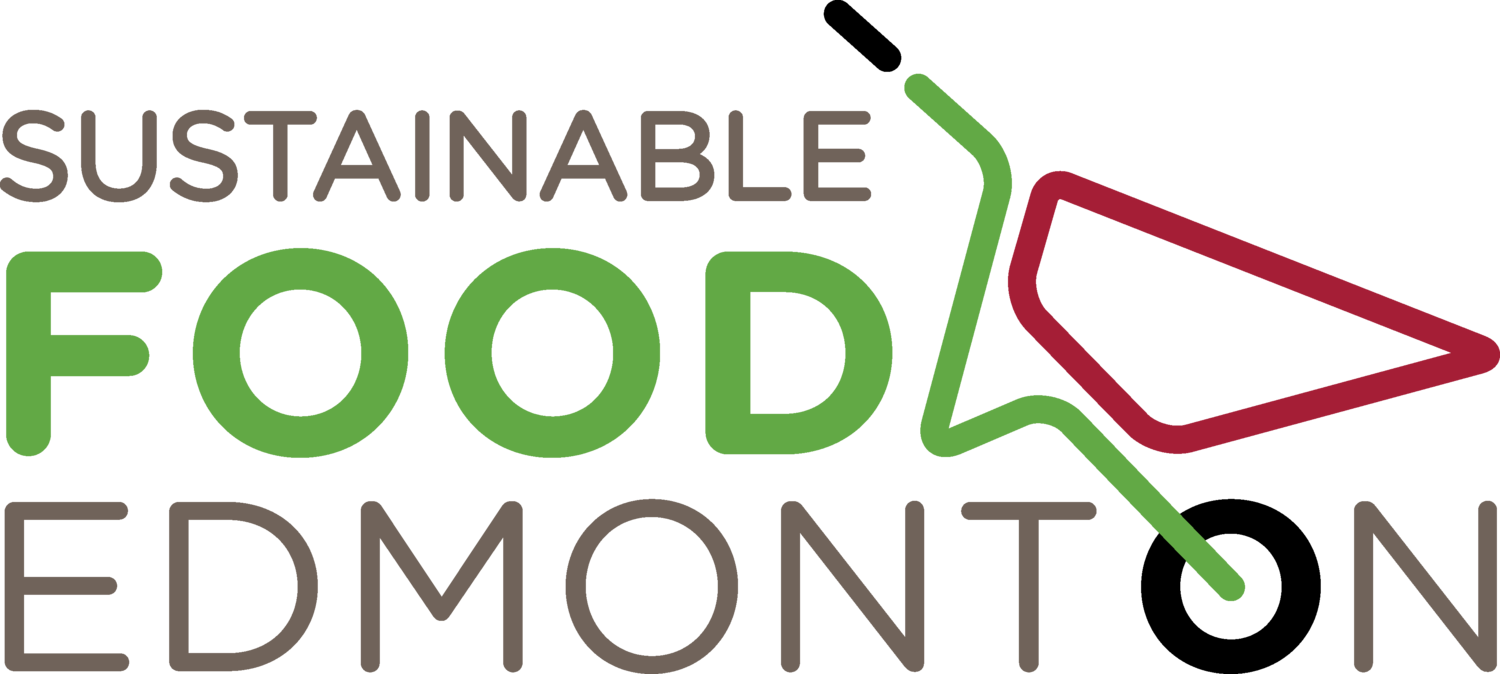Our food system has many players. So one of our goals is to make students aware of the farmers and non-human components that help to bring food to the table.
The pandemic nudged us to embrace virtual connections. Therefore, for the last couple of years, we invited speakers and farmers to share their expertise in a virtual format. We had a live farm tour, slide presentations and videos that allowed many classes to learn about food production in Alberta. So during a time when field trips and visitors were not possible, technology allowed us to be present for virtual presentations in 49 classes with an approximate total of 1070 students, some of which participated several times.
Our Kindergarten classes enjoyed both a story and virtual greenhouse tour by local horticulturalist and author Sharon Wallish. Her book “The Perfect Place for Plants” was a wonderful introduction to gardening for our youngest Green Thumbs and Sprouts.
All good things start in the soil, and Markster Composter made the topic come alive. The students learned how to set up a red wiggler worm bin and what it takes to keep the worms fed and happy. Mark talked about the amazing benefits of “worm poop” for our plants. Healthy soil is full of many types of organisms that need our kitchen scraps and leaves. Composting and vermicomposting are a natural extension of our gardening programs at Sustainable Food Edmonton!
Many people think that WEEDS are bad plants, but Paula Klassen encouraged us to think about how a Bee might see a plant. Rather than excluding plants because they are not part of our cultivated world, we should embrace “weeds” for the amazing properties they have to offer. Dandelions, Plantain, Thistle all offer some medicine that can help humans, animals and also enrich the soil. Paula’s message to the students was that “we all belong”.
We were privileged to get a private, live tour of Chatsworth Farm, led by the very knowledgeable and friendly Charlotte. Early spring is a busy time on the farm with baby animals arriving. Charlotte used her phone to teach us about the cattle and new calves. Turkeys, geese and chickens had to stay indoors (due to the risk of Avian Flu), and so we got a tour of the barns. We were fortunate to witness a chicken egg being laid right in front of our camera eyes!
We also enjoyed beautiful videos and engaging Question and Answer sessions with two other farms. Kirk and Trudy Harrold again showed how spring arrives at the farm; geese, songbirds and butterflies are a joy to hear and watch.
Maryann from Goodnote Farm had her hands full with the care of baby goats, while also looking after her chickens and ducks. May is of course a busy time for planting the gardens. Maryann does not want to garden alone and therefore, her land is home to a Community Garden, a Flower Garden and a CSA garden that provides weekly deliveries to subscribers.
Finally, the topic of pollinators is such a natural fit for our indoor gardening classes. We had wonderful presentations about the many types of wild bees that call Alberta home. The students were encouraged to watch bees and find out how they gather food and build a home to raise their young. Being able to tell a bee from a fly or a wasp is so important in reducing our fear from flying insects, and it helps us remain calm around gentle, solitary pollinator bees.
We would like to thank Patty Milligan with Edmonton Urban Farm for her excellent bee presentation and expertise. Nicola with Good Worm Garden Programs got the students to play a fun "eye spy" activity to help them learn about native bee populations.
We were thrilled to receive a Student Journal entry from a Grade 4 student at A. Blair McPherson School. What a beautiful illustration of all the learning this student captured on paper! Check it out below.







